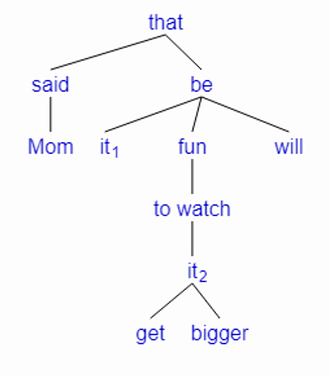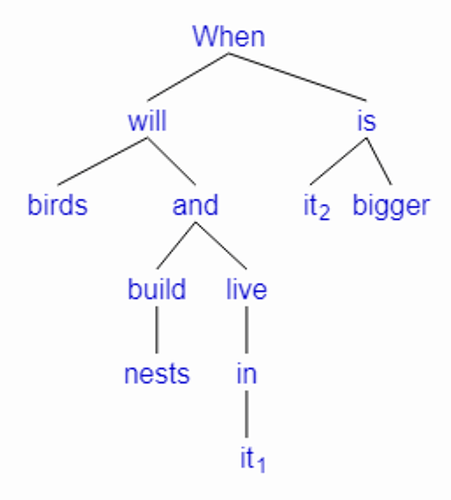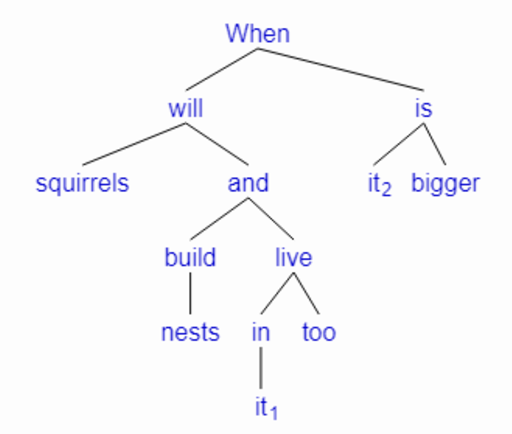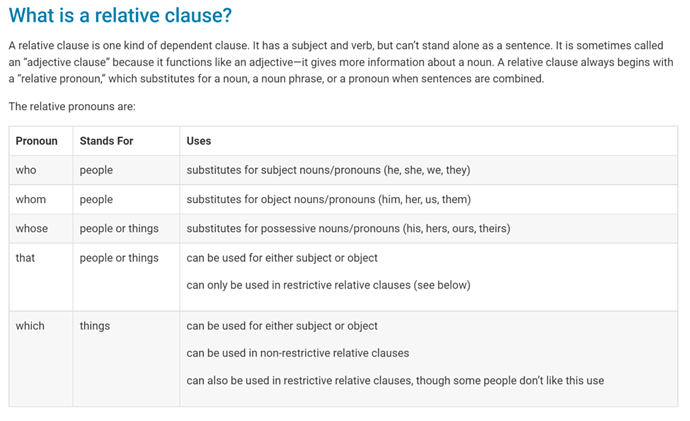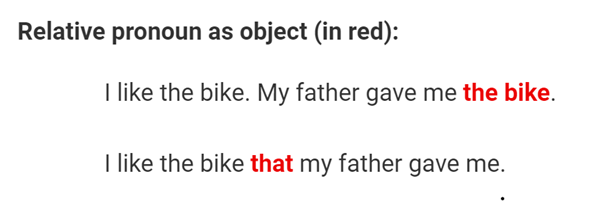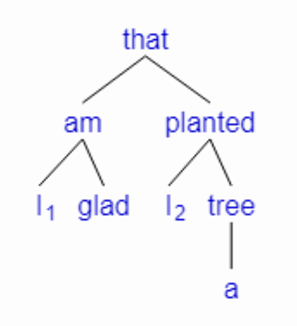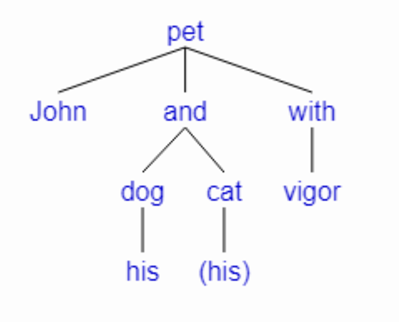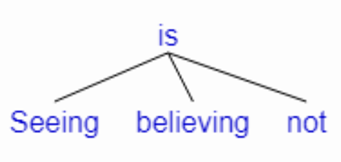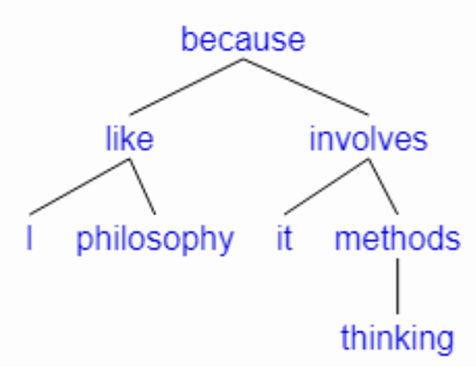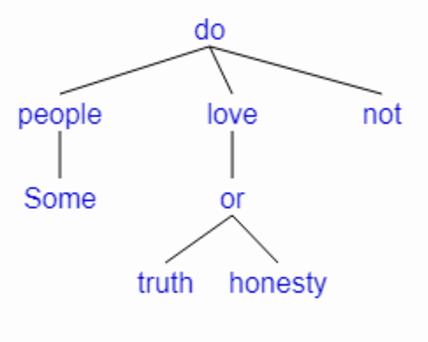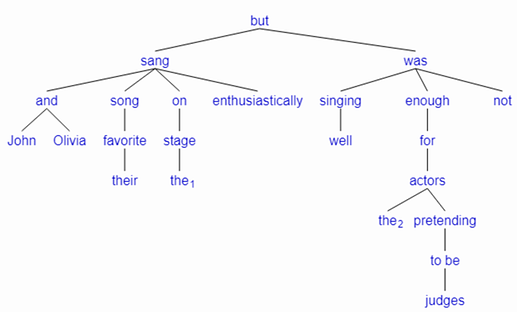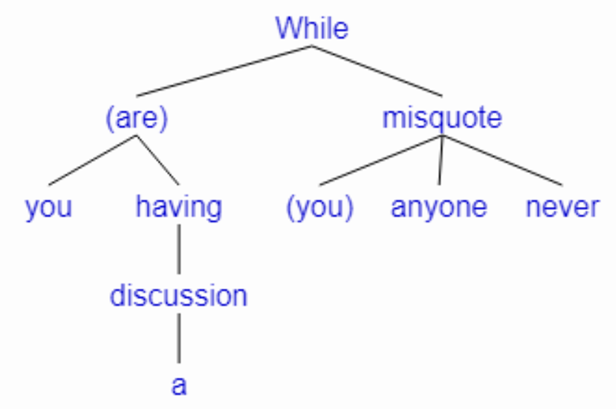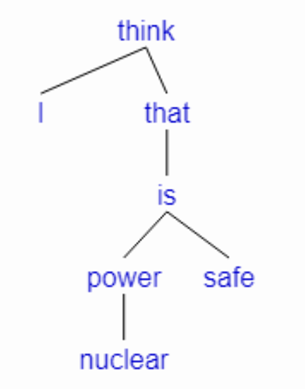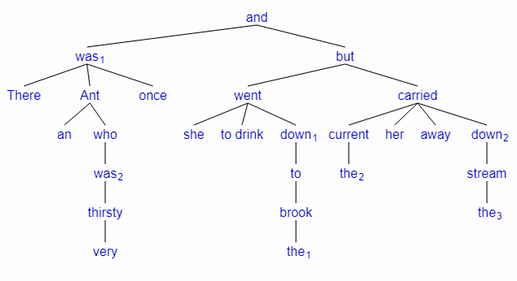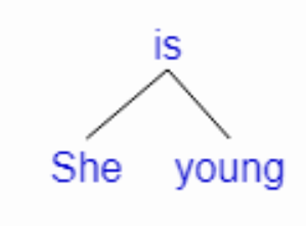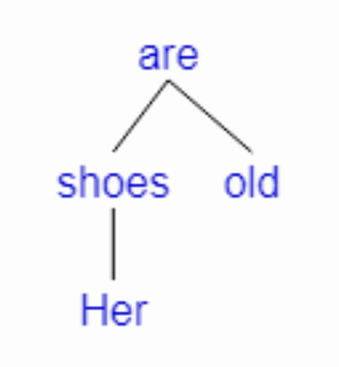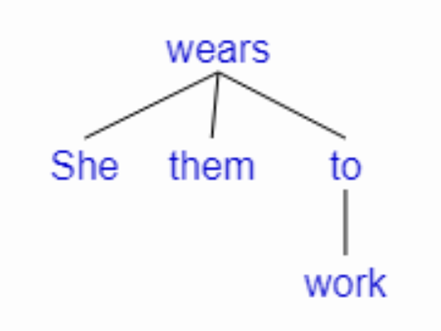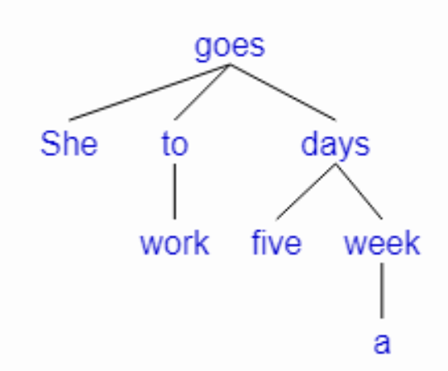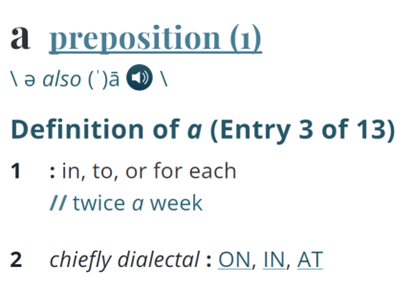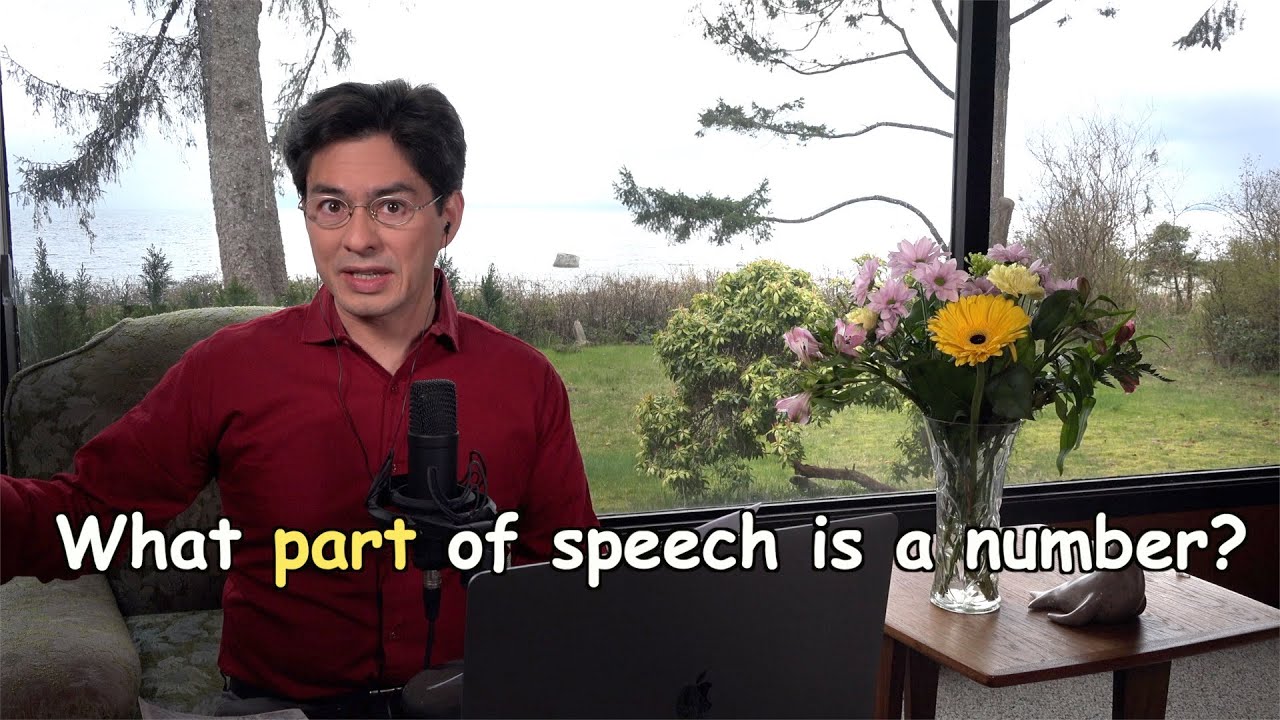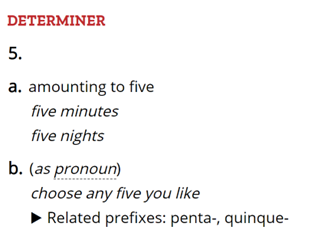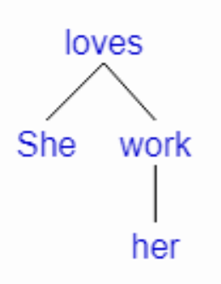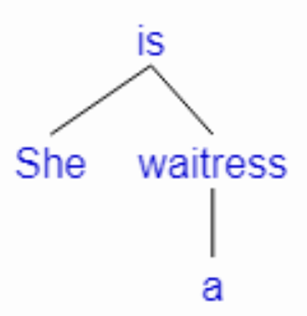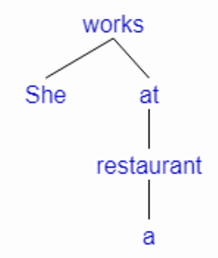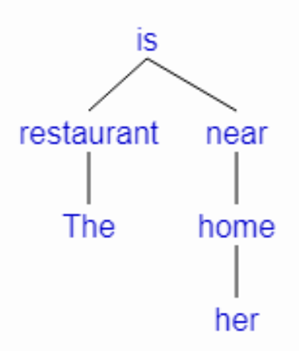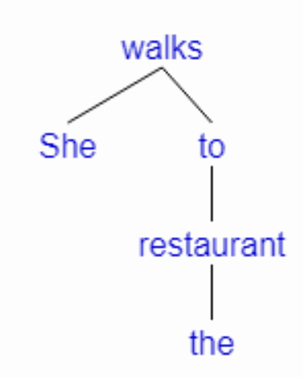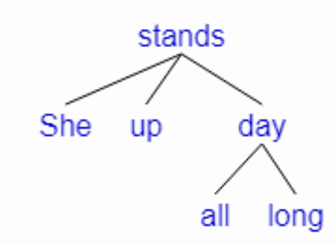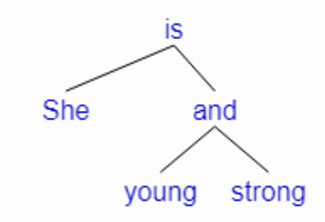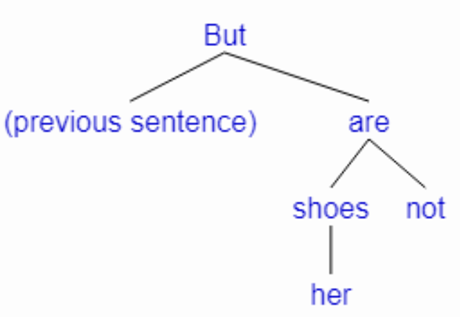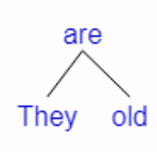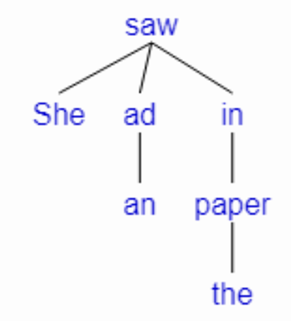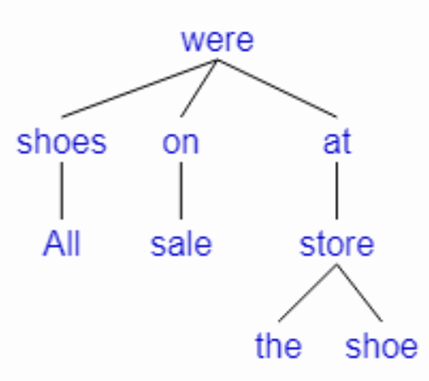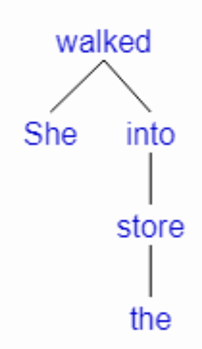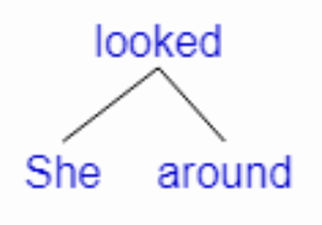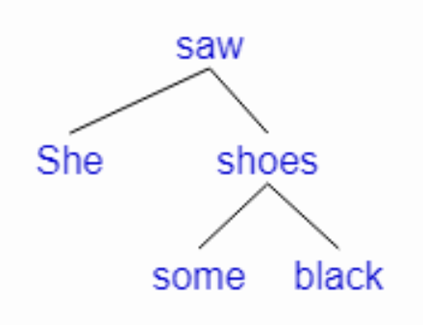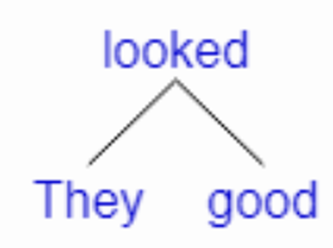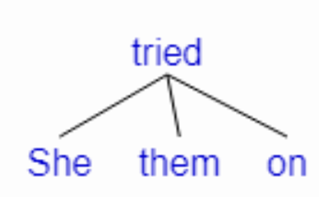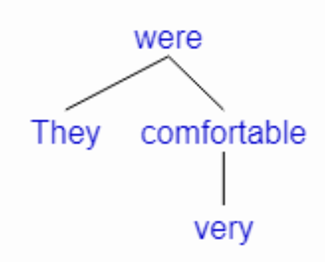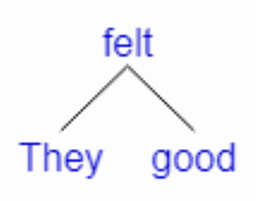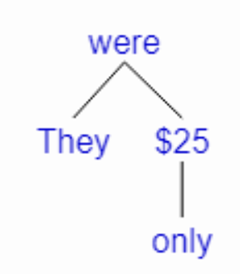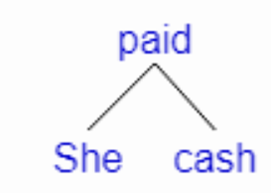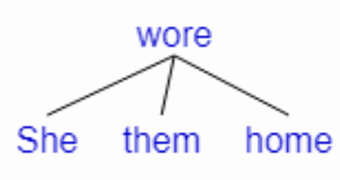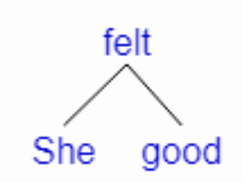- I planted a tree last spring.
[planted [I] [tree [a]] [(during) [spring [last]]]]
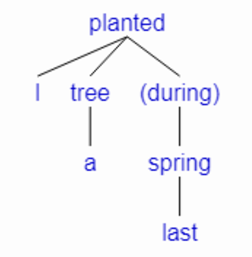
I’m not sure if its reasonable to add “during” to the tree. Without “during”, I guess I would just move “spring” up to that node, with “last” still modifying “spring”.
- I planted it in my backyard.
[planted [I] [it] [in [backyard [my]]]]
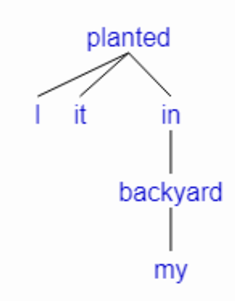
- Mom said that it will be fun to watch it get bigger.
This sentence is very hard for me to judge. This tree structure is my 4th iteration.
[that [said [Mom]] [be [it] [fun [“to watch” [it [get] [bigger]]]][will]]]
“Mom said” is the main clause.
“That” is a conjunction introducing a subordinate clause.
“It will be fun” is the stripped-down subordinate clause.
“will” is an adverb modifying “be”.
“fun” is the subject complement of “it”. “Fun” is an adjective.
“to watch” is an infinitive, functioning as an adverb, modifying “fun”.
Seemingly most confusing part:
“it” is the object of the infinitive “to watch”.
The phrase “it get bigger” includes the non-finite verb “get”. I guess that “get” is a non-finite verb because its tense can’t be changed; “it gets bigger” and “it got bigger” don’t work in the sentence.
It appears that “get” is modifying “it”. “It” is a noun, which would make “get” an adjective.
Brainstorming:
What is it that will it be fun “to watch”? “it”. That seems to make sense. “It” is the object of “to watch”.
Does “get” tell you about “to watch”? I don’t know. You’re watching “it”, so you’re watching whatever “it” does, and what “it” does could be a modifier on “it”. “Get” tells you about what “it” is doing.
Maybe “get” can be looked at as a qualifier on what you’re going “to watch”. You’re watching something “get”. You are watching “it”, but what you’re watching about “it” is qualified, or limited to “get”. You’re specifically watching the getting, not just anything about “it”.
“Bigger” seems like it must be an adjective based on the dictionaries I checked (4-5 top dictionaries in google search). So, if “get” is a modifier, then “bigger” can’t be modifying “get”. Therefore, “bigger” is modifying “it”.


